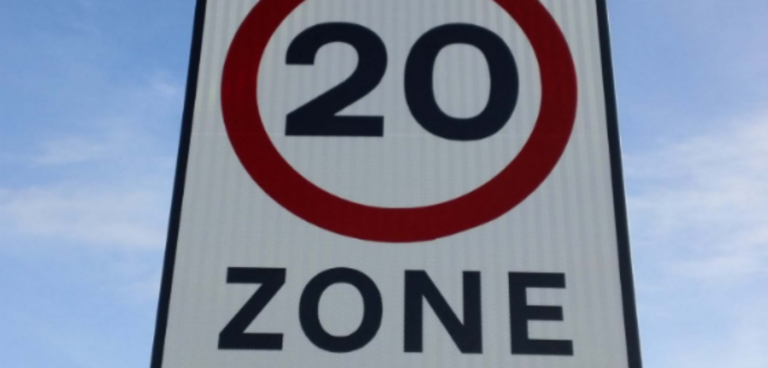Wandsworth Council has claimed to be initiating a ‘first in the UK’ pilot to issue fines itself, rather than going through the police.
The idea behind the pilot is to decrease the number of motorists breaking the speed limit. It claims to be the first local authority in the UK to attempt this sort of scheme.
Once in operation, the initiative is implemented, those driving in excess of 20mph (32km/h) on two busy residential roads – Wimbledon Park Road and Priory Lane – will receive a fine. Historically, these two roads have reportedly been the subject of numerous complaints concerning drivers’ exceeding speed limits.
The council has said that the Wandsworth scheme is not intended as a replacement for the police enforcement and is a direct response to complaints from locals.
Simon Hogg, councillor and council leader said: “Speeding traffic is one of the biggest sources of complaints we receive from our residents.
“Ensuring drivers stick to the 20mph limit not only improves safety levels and encourages more people to walk or cycle, it helps reduce harmful emissions too.
“Until now, only the Metropolitan Police have had powers to enforce speed limits, but they tend to concentrate their resources on main roads and dual carriageways, whereas most of the complaints we receive are about people driving too fast along quieter residential streets.
“Our pilot scheme will focus on two residential roads where excessive speeds are known to be an issue.
“If judged a success, we will look to make it permanent and carry out enforcement in other parts of the borough where we know vehicle speeds are excessive.”
The local authority has said that traffic studies were conducted during an eight-week period, and revealed that one in four vehicles exceeded the speed limit in Priory Lane. On Wimbledon Park Road, it was one in five.
The Wandsworth scheme will reportedly start operating this month, lasting for up to eight months through an experimental traffic order.
Offences will be caught on camera and for an initial period only, with warning letters be sent to the vehicle’s owners. After the end of the initial phase, penalty charge notices (PCNs) will be issued instead.
Money received from the PCNs will reportedly be used to fund road safety initiatives in the borough.





